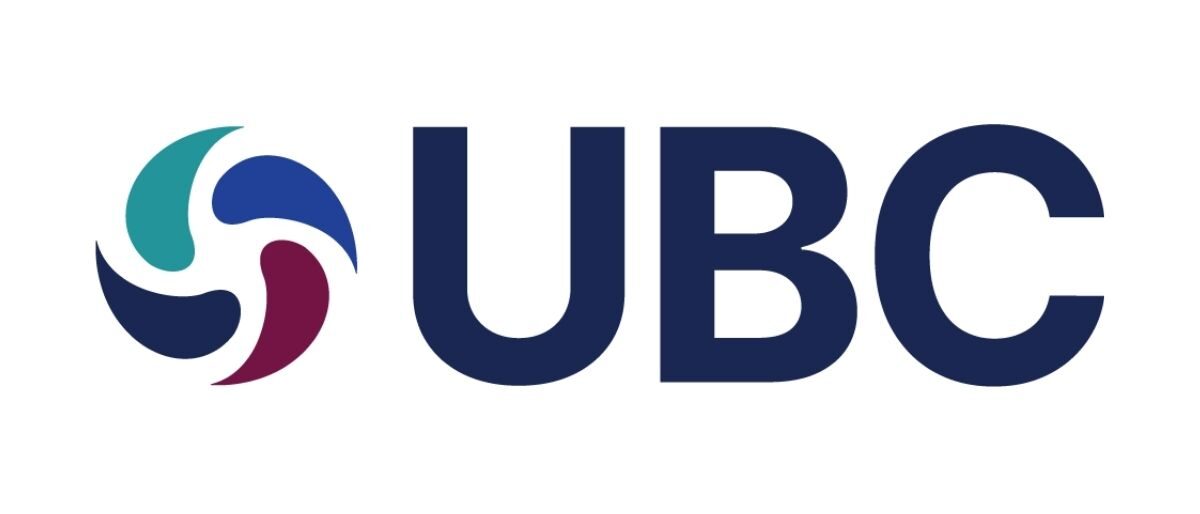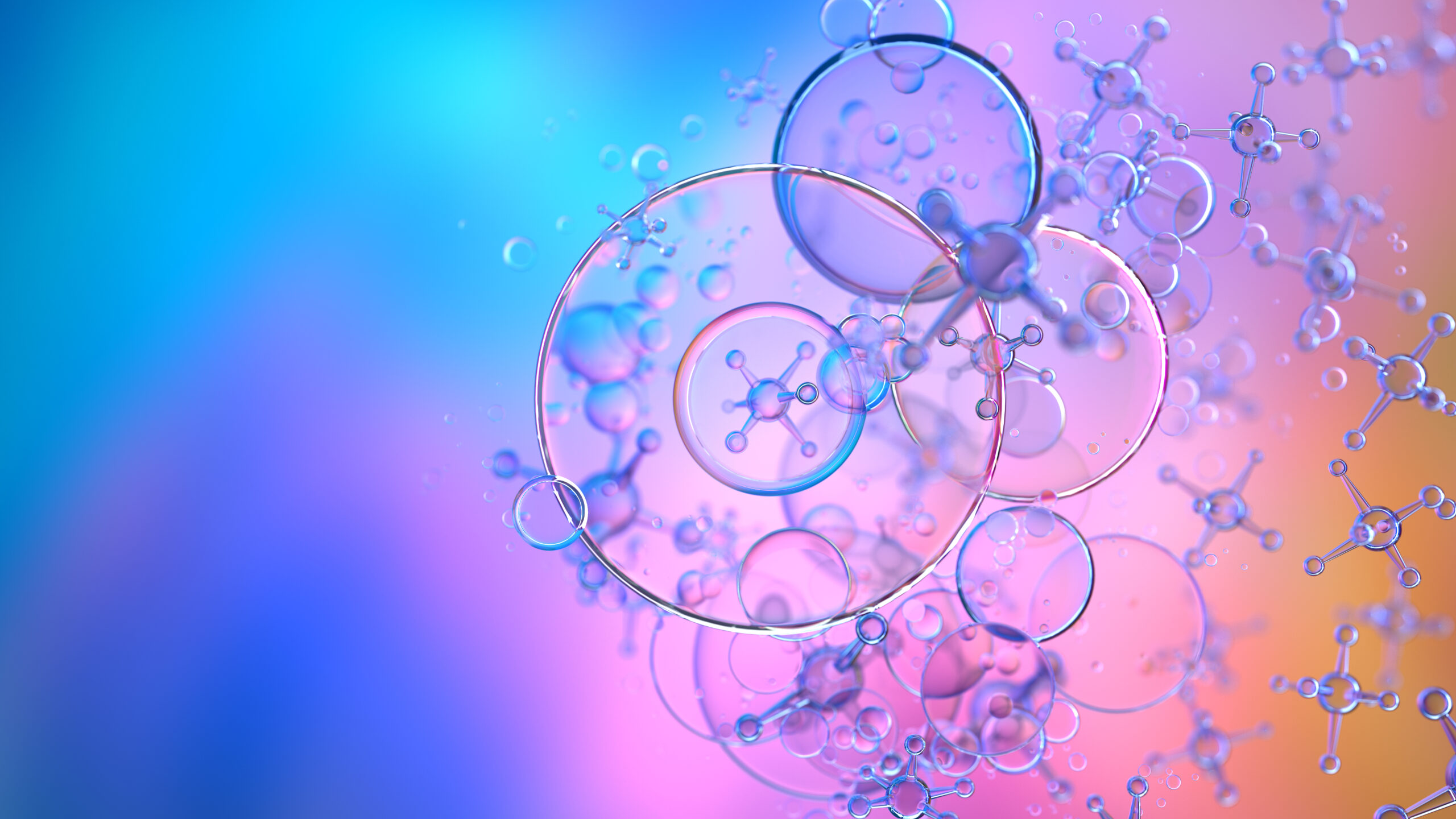Psychedelic-assisted therapies are starting to emerge with potential as treatments for mental health conditions, particularly for patients with treatment-resistant posttraumatic stress disorder (PTSD), depression, and substance use disorders. While there is still a lot to be learned as they evolve, research on 3,4-methylenedioxymethamphetamin (MDMA), psilocybin, N,N-dimethyltryptamine (DMT), and lysergic acid diethylamide (LSD) demonstrate an opportunity to deliver significant clinical benefits.
Approximately 40%-60% of people with PTSD don’t respond to selective serotonin reuptake inhibitors (SSRIs), and many people don’t respond to trauma-focused psychotherapies.1,2 About a third of people with a major depressive disorder diagnosis encounter treatment-resistant depression.3 This is a large population that is underserved and represent an important opportunity for manufacturers in this space.
Interest in using alternative treatments, such as psychedelics (e.g., psilocybin, MDMA, LSD, DMT), for mental health disorders has increased in recent years. Here, we explore the landscape and current evidence surrounding the use of these substances, and the future of clinical research in this area.
MDMA
Increasing evidence supports MDMA-assisted therapy as treatment for PTSD, as MDMA successfully modulates fear memory reconsolidation, enhances fear extinction, and promotes openness and prosocial behavior. In a multi-site, randomized, double-blind, confirmatory Phase 3 study, MDMA-assisted therapy significantly improved PTSD symptoms and functional impairment when compared to placebo with therapy over 18 weeks. 86.5% of participants treated with MDMA-assisted therapy achieved a clinically meaningful benefit, and 71.2% of participants no longer met the criteria for PTSD.4
In another study, MDMA was assessed for the treatment of alcohol use disorder and participants showed decreased alcohol consumption nine months after detoxification.
In a different study, there was significant efficacy of MDMA-assisted psychotherapy in decreasing alcohol consumption in participants with severe PTSD and alcohol use disorder when compared to psychotherapy and placebo.5
LSD
Regarding LSD, a meta-analysis including six trials studied the efficacy of LSD in substance use disorders (SUD) and found that a single dose of LSD showed a beneficial effect on alcohol abstinence. This was significantly maintained for three months post-treatment in three of the studies.
In one study, in participants with heroin use disorders, this effect was maintained up to 12 months post-treatment. However, these clinical trials were completed in the 1960s and there has been limited clinical research on LSD since.5
Recently, there have been a few small studies outside of the US investigating LSD for the treatment of mood disorders, anxiety in the terminally ill, and migraine headaches. In one study, mean state anxiety was significantly decreased in the high-dose LSD group when compared to the low-dose group.
In another study, after participants were given a moderate dose of LSD, they were evaluated at short-term and long-term follow-ups. Findings showed that participants reported significant increases in positive attitudes about life or self, positive mood changes, altruistic/positive social effects, positive behavioral changes, and well-being/life satisfaction that participants attributed to their LSD experience. Current LSD research is still limited. However, outside of the US there are expected to be several new clinical studies.6
DMT
DMT is a psychedelic that has a quick onset and short duration of psychoactive effects. Recently, there was a phase 1/2 study conducted outside of the US investigating a vaporized formulation of DMT (inhaled delivery) in patients with treatment resistant depression.
In Phase 1 of this study, patients received a single dose of the drug (either 12 or 18mg), and in Phase 2 an individualized dosing regimen was applied (up to 3 increasing doses of 6mg, 12mg, and 18mg). There were 2 of 4 patients (50%) that were in remission in the 12mg group, 1 of 4 patients (25%) in remission in the 18mg group, and 7 of 8 patients (87.5%) in remission in the individualized dosing regimen, demonstrating that individualized dosing with up to 3 doses on a single day was superior to a single dose. All remissions were noted from day one, with 6 of 10 remissions occurring from two hours. This suggests a quick and significant decrease in depression symptoms.7
One double-blind, placebo-controlled crossover study investigated intravenous DMT administration in 27 healthy participants. This study had five test sessions to examine responses following DMT: placebo, low infusion (0.6mg/min), high infusion (1mg/min), low infusion (0.6mg/min) plus low bolus (15mg), and high infusion (1mg/min) plus high bolus (25mg).
As a bolus, DMT produced rapid and intense psychedelic effects that were both short-lasting and relatively well-tolerated. As an infusion, DMT produced stable and also intense psychedelic effects that were well-tolerated. This study indicates that DMT could potentially be used to quickly induce, maintain, and end a psychedelic state while being highly controlled, and this can be modified to various individual needs.8
Psilocybin
Psilocybin (the active compound in what is also known as “magic mushrooms”), in particular, has also shown promising therapeutic potential in recent studies.
Research regarding psilocybin began in the 1950s and 1960s, ended temporarily in the 1970s, and then began again in 2000 when Johns Hopkins obtained regulatory approval in the United States to reinitiate research with psychedelics.9
Since this time, researchers at Johns Hopkins have found psilocybin (in the context of a cognitive behavioral therapy treatment program) to help a small number of longtime smokers to quit (after many previously failed attempts).10 Additional studies on the use of psychedelics have been conducted showing a potential impact on mental health disorders:
- A small study in adults with major depression showed rapid and large decreases in depressive symptoms with two doses of psilocybin given with supportive psychotherapy. Most participants showed improvement and half attained remission through the 4-week follow-up. A follow-up study showed that the sizable antidepressant effects of psilocybin-assisted therapy, given with supportive psychotherapy, may last at least a year for some patients.10
- In one randomized, placebo-controlled Phase 2 trial, one 25mg treatment dose of psilocybin administered with psychological support was associated with a clinically significant decrease in depression symptoms and improvement in measures of functional disability when compared to the placebo group (100mg of niacin).11
- In a phase 2 double-blinded trial, participants with treatment resistant depression were randomized and received either a single dose of psilocybin 25mg, 10mg, or 1mg (control), which was given in conjunction with psychological support from trained therapists. After three weeks, psilocybin 25mg and 10mg (although to a lesser degree) were associated with improved measures of patient-reported depression severity, anxiety, affect, and functioning. This report supports the evidence from the largest randomized controlled trial of psilocybin of the rapid efficacy of a single dose of psilocybin to benefits that are important to patients (depression severity, anxiety, affect, functioning, and quality of life).12
- A Phase 1, double-blind, randomized, placebo-controlled study was conducted to evaluate the effects of a single dose of psilocybin (10mg or 25mg) with one-on-one support from specially trained therapists on cognitive functioning and emotional processing in healthy participants. It was found that, generally, psilocybin was well tolerated with no serious treatment-emergent adverse events reported which was consistent with previous findings of smaller studies assessing psilocybin administration with psychological support in patients with psychiatric disorders. Both doses of psilocybin produced transient psychedelic effects, which was expected. In previous studies this correlated with antidepressive/anxiolytic efficacy. There were no consistent trends to suggest that either psilocybin dose had any short- or long-term effect on social cognition or emotional processing outcomes. This suggests psilocybin does not have any harmful effect on the assessed social cognition and emotional functions in healthy participants.13
- In another study, participants with moderate to severe major depressive disorder (MDD) were administered placebo, followed by psilocybin (0.3mg/kg) four weeks later. Dosing sessions were integrated within psychotherapy. Depression severity, psychological flexibility, mindfulness, and values-congruent living were measured over 16 weeks. Psychological flexibility, several facets of mindfulness, and values-congruent living significantly improved after psilocybin and continued through week 16. Also, improvements in psychological flexibility and experiential acceptance were greatly associated with decreases in depression severity following psilocybin.14
Future Considerations
While potential was seen in the above studies for psychedelic use in the treatment of mental health disorders, on August 10, 2024, the FDA rejected the proposal of using MDMA for assisted psychotherapy for PTSD stating that there was insufficient evidence and the need for more research.16 A majority of the FDA committee members were not convinced that the available data showed that the drug was effective in patients with PTSD.
Many committee members stated that the functional unblinding, the lack of management of expectation bias and selection bias limited the interpretability of the efficacy analyses. A majority of the committee members also did not agree that the benefits of MDMA with the FDA’s proposed REMS outweighed the risk for the treatment of patients with PTSD. Many committee members stated that there was a need for more efficacy and safety data.17
With the recent increased interest in the therapeutic potential of psychedelics, the FDA released a draft guidance in June 2023 for psychedelic drugs. Some considerations for studies include the effect of a high-fat meal on pharmacokinetics, potential drug-drug interactions, long-term exposures to 5-HT2B agonists which may induce cardiac valve stiffening, dose-response relationship, an abuse-potential assessment, justification for including a psychotherapy component, observation by two monitors for the duration of the treatment session, how to mitigate adverse events or serious risks, and public health effects.18
Given the potential benefit of psychedelics, there will likely be continued advances to start including psychedelics into conventional medicine addressing hard-to-treat or treatment-resistant mental health disorders.
Helping Psychedelic Drug Manufacturers Succeed
The path to regulatory approval and commercialization for these novel therapies presents unique challenges, and UBC can help navigate these complexities.
As a leading partner in risk management, Risk Evaluation and Mitigation Strategies (REMS) consulting, long-term safety assessment pre- and post-approval inclusive of comprehensive patient access solutions, UBC is uniquely positioned to help psychedelic drug manufacturers navigate regulatory hurdles and ensure safe, regulatory compliant and effective market entry.
REMS & Risk Management Consulting
The FDA has signaled that strict safety measures may be required for psychedelic therapies. UBC’s Risk Management consulting practice provides:
- REMS Program Development & Execution: Ensuring compliance with ETASUs, including prescriber training, patient monitoring, and controlled distribution.
- Abuse Potential & Safety Monitoring: Designing evaluation strategies to monitor potential misuse and adverse events.
- Regulatory Readiness & FDA Engagement: Helping manufacturers align with FDA expectations for psychedelic therapies.
Real-World Evidence & Long-term Safety Outcomes Assessment
Given the novelty of psychedelic therapies, long-term safety studies to collect information on outcomes over time may be needed. UBC supports both regulatory mandated post-marketing commitments and discretionary studies to further characterize safety and efficacy of the product in the real-world setting.
Partners for a Confident Strategy
UBC is the trusted partner for biotech and pharmaceutical companies that bring innovative therapies to the market. Our expertise in risk management, REMS development, patient access, and real-world evidence generation ensures that your psychedelic therapy reaches patients safely, efficiently, and successfully.
About UBC
UBC is the leading provider of evidence development solutions with expertise in uniting evidence and access. UBC helps biopharma mitigate risk, address product hurdles, and demonstrate safety, efficacy, and value under real-world conditions. Our combined scientific expertise in pharmacovigilance, risk management, and signal detection and assessment, underpinned by innovative technologies, offer our customers customized solutions generating the relevant insights necessary to make informed decisions earlier, meet stakeholder requirements, and ensure the safety of products.

About the Author
Catherine Miller, MSN, CRNP, FNP-BC, is a Senior Project Manager, Safety, Epidemiology, Registries and Risk Management.
In this role, she supports sponsors in strategy development for risk management, including REMS and Risk Management Plans (RMPs), and assessments of effectiveness. Prior to serving the last five years at UBC, she has over 10 years of clinical nursing experience in healthcare.
References
- Brady K, Pearlstein T, Asnis GM, et al. Efficacy and safety of sertraline treatment of posttraumatic stress disorder. JAMA. 2000;283(14):1837-1844. doi:10.1001/jama.283.14.1837
- Steenkamp MM, Litz BT, Hodge CW, et al. Psychotherapy for military-related PTSD: A review of randomized clinical trials. JAMA. 2015;314(5):489-500. doi:10.1001/jama.2015.8370
- Zhdanava M, Pilon D, Ghelerter I, et al. The Prevalence and National Burden of Treatment-Resistant Depression and Major Depressive Disorder in the United States. J Clin Psychiatry. 2021;82(2):20m13699. Published 2021 Mar 16. doi:10.4088/JCP.20m13699
- Mitchell JM, Ot’alora G M, van der Kolk B, et al. MDMA-assisted therapy for moderate to severe PTSD: a randomized, placebo-controlled phase 3 trial [published correction appears in Nat Med. 2024 Nov;30(11):3382. doi:10.1038/s41591-024-03331-w]. Nat Med. 2023;29(10):2473-2480. doi:10.1038/s41591-023-02565-4
- Gomez-Escolar A, Folch-Sanchez D, Stefaniuk J, et al. Current Perspectives on the Clinical Research and Medicalization of Psychedelic Drugs for Addiction Treatments: Safety, Efficacy, Limitations and Challenges. CNS Drugs. 2024;38(10):771-789. doi:10.1007/s40263-024-01101-3
- Reiff CM, Richman EE, Nemeroff CB, et al. Psychedelics and Psychedelic-Assisted Psychotherapy. Am J Psychiatry. 2020;177(5):391-410. doi:10.1176/appi.ajp.2019.19010035
- Reckweg JT, van Leeuwen CJ, Henquet C, et al. A phase 1/2 trial to assess safety and efficacy of a vaporized 5-methoxy-N,N-dimethyltryptamine formulation (GH001) in patients with treatment-resistant depression. Front Psychiatry. 2023;14:1133414. Published 2023 Jun 20. doi:10.3389/fpsyt.2023.1133414
- Vogt SB, Ley L, Erne L, et al. Acute effects of intravenous DMT in a randomized placebo-controlled study in healthy participants. Transl Psychiatry. 2023;13(1):172. Published 2023 May 23. doi:10.1038/s41398-023-02477-4
- Welcome to the world’s largest psychedelic science research center. Johns Hopkins Medicine. Accessed 31 October 2024. https://hopkinspsychedelic.org/
- Psychedelics research and psilocybin therapy. Johns Hopkins Medicine. 2024. Accessed September 19, 2024. https://www.hopkinsmedicine.org/psychiatry/research/psychedelics-research
- Raison CL, Sanacora G, Woolley J, et al. Single-Dose Psilocybin Treatment for Major Depressive Disorder: A Randomized Clinical Trial [published correction appears in JAMA. 2024 Feb 27;331(8):710. doi:10.1001/jama.2024.0828]. JAMA. 2023;330(9):843-853. doi:10.1001/jama.2023.14530
- Goodwin GM, Aaronson ST, Alvarez O, et al. Single-dose psilocybin for a treatment-resistant episode of major depression: Impact on patient-reported depression severity, anxiety, function, and quality of life. J Affect Disord. 2023;327:120-127. doi:10.1016/j.jad.2023.01.108
- Rucker JJ, Marwood L, Ajantaival RJ, et al. The effects of psilocybin on cognitive and emotional functions in healthy participants: Results from a phase 1, randomised, placebo-controlled trial involving simultaneous psilocybin administration and preparation. J Psychopharmacol. 2022;36(1):114-125. doi:10.1177/02698811211064720
- Sloshower J, Zeifman RJ, Guss J, et al. Psychological flexibility as a mechanism of change in psilocybin-assisted therapy for major depression: results from an exploratory placebo-controlled trial. Sci Rep. 2024;14(1):8833. Published 2024 Apr 17. doi:10.1038/s41598-024-58318-x
- Stringer H. The emergence of psychedelics as medicine: A look at the potential of MDMA, ketamine, and psilocybin to help people with treatment-resistant mental health conditions. American Psychological Association. June 1, 2024. Accessed September 19, 2024. https://www.apa.org/monitor/2024/06/psychedelics-as-medicine
- U.S. Food & Drug Administration. Summary Minutes of the Psychopharmacologic Drugs Advisory Committee Meeting. June 4, 2024. Accessed December 13, 2024. https://www.fda.gov/media/180463/download
- U.S. Food & Drug Administration. Psychedelic Drugs: Considerations for clinical investigations. Draft guidance. June 2023. Accessed September 23, 2024. https://www.fda.gov/media/169694/download





